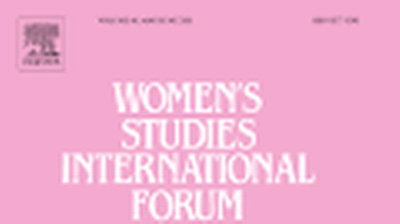Fissions and Fusions, Foes and Friends
The issue of presidential term limits is emerging as an important political norm on the African continent, but the effects of the third term debates on the institutionalization of the party systems have so far not been analyzed. The authors argue argue that the third presidential election represents a window of opportunity for politicians aspiring for the top position, leading to party fragmentation (fissions) and party mergers (fusions). Politicians pursue an office seeking strategy, weakly connected to ideological or political priorities. The combination of leadership- centered parties, executive dominance, and the institutional rules for presidential elections, encourage turbulence in the party system in the context of the third democratic elections. The authors illustrate these processes with the case of the 2004 Malawian presidential and parliamentary elections which led to a number of new party formations. After the elections, fusions of parties and coalitions among parties became alternative strategies for winning office.
https://doi.org/10.1177/0010414006290782


